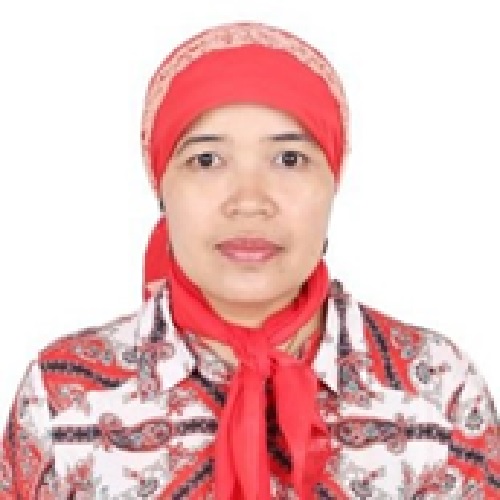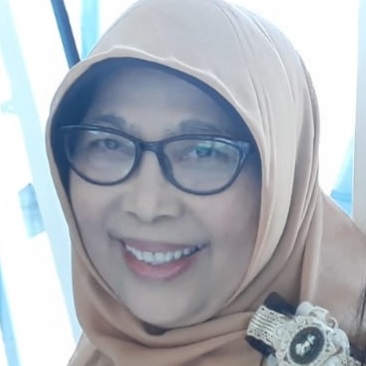Coastal food innovation and livelihood
Speakers
Event Details
Innovative sustainable livelihood options for coastal food production and economic resilience
Overexploitation driven by poverty is often the root cause of destruction and degradation of agricultural production capacity in developing countries. There is an urgent need to develop more-sustainable and ecologically and socio-economically resilient approaches to food production. This is particularly the case for vulnerable tropical muddy coastlines where unsustainable large-scale shrimp pond culture. To break the negative feedback cycle between destruction and poverty, it is essential to justly value current and introduce new sustainable options to foster long-lasting local support for development of new local livelihoods.
A large array of native food species, such as mangroves and seaweeds have rarely been developed beyond the subsistence level. For sustainability and bio-economy, such non-traditional food sources represent a major business opportunity suitable for use in the small-scale artisanal setting which can allow poor coastal communities to produce high value-added end-user products. Recent examples demonstrating promise include the use of mangroves to restore sustainability in shrimp production and innovations in mangrove mussel culture. A systems perspective on development is needed, whereby product-market development occurs in unison and which is based on a participative, inclusive and fair development approach. In this special session, we review and discuss the “farm to fork” research as well as education opportunities and challenges to fostering the development of innovative products and production approaches by which to help transform rural food systems towards sustainability.
Takeaways
- Discuss how low trophic species (mollusks and plants) may be key to ecologically sustainable food production in developing countries.
- Illustrate how seaweed production and mangrove use in shrimp pond aquaculture can contribute to local ecology and economy.
- New ideas and contacts for collaboration on aquaculture with native low trophic species to enhance the value chain and preserve endangered coastal ecosystems









